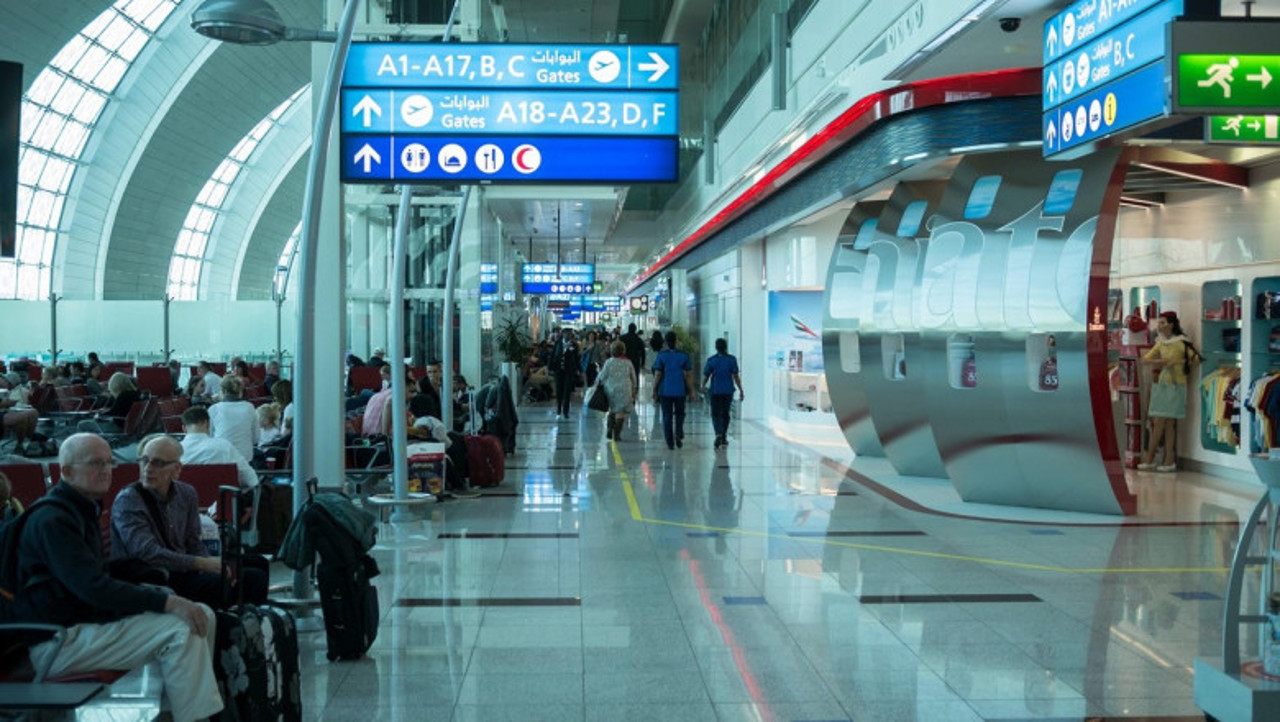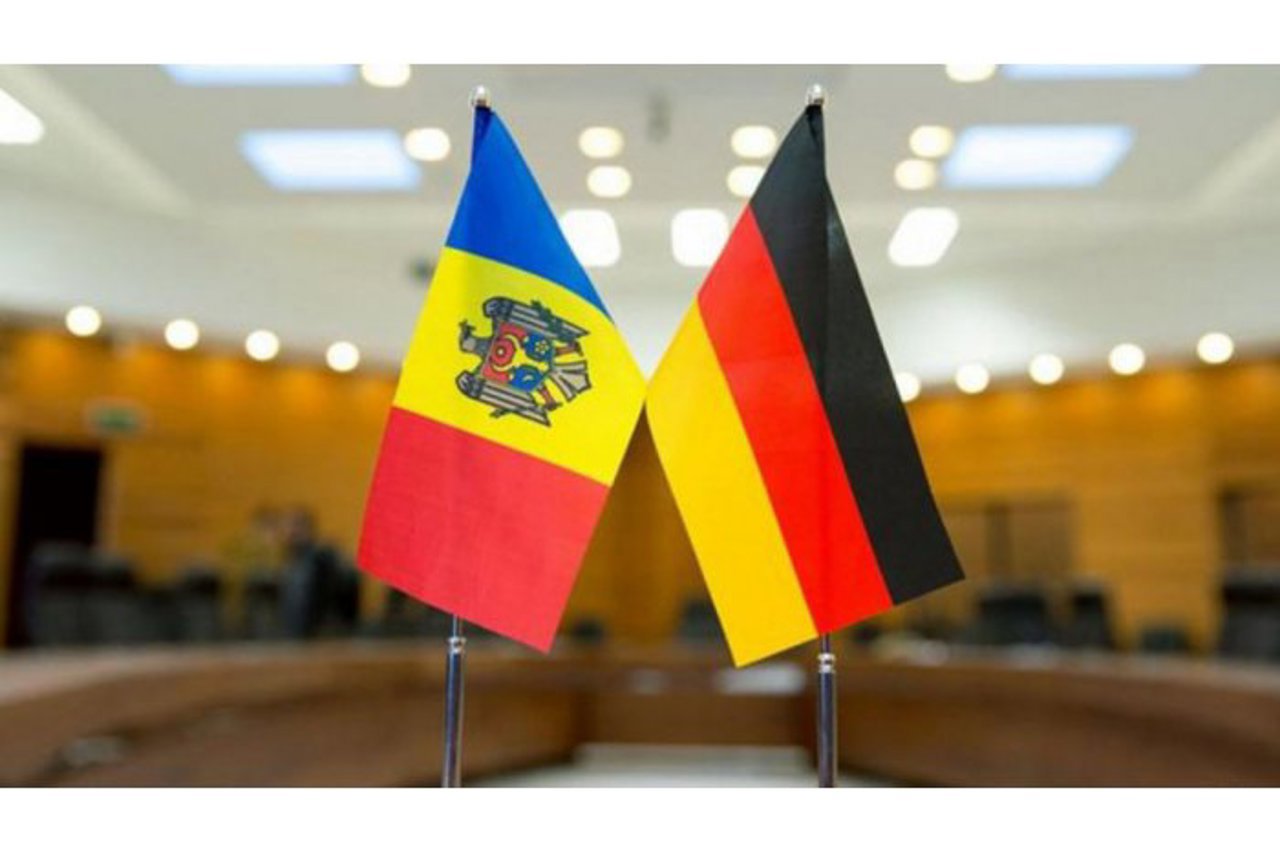Railway employees in Ocnița decided to suspend their work until their overdue salaries are paid
After several unsuccessful protests, the railway employees in Ocnita informed the management of Moldovan Railways (CFM) about their decision, effective from March 10. Ion Zaporajon, president of the Union Federation of Railway Workers of the Republic of Moldova, confirmed this information to Teleradio-Moldova. He stated that the railway workers in Ocnița submitted a formal request regarding the suspension and indicated that employees from other regions are also planning to stop their activities.

Railway workers have not received their salaries for the past 6 to 7 months, and their decision to stop work is a legitimate step. “Yes, they submitted a request, and according to the law, it is correct. Ask the Government when it will pay the salary arrears,” stated Zaporojan.
Authorities are working daily to increase the company's revenue to ensure salary payments. Mircea Păscăluță, the State Secretary at the Ministry of Infrastructure and Regional Development, commented on the issue during an interview with Teleradio-Moldova.
“We work every day and hold discussions with our colleagues from the Railways to help them increase their income and transported volumes. Salaries are a crucial topic; our priority is to pay the salaries and boost income. However, this issue exceeds the ministry's competencies. We are focused on our sector and maintain effective communication, including collaboration with the unions,” said Păscăluță.
We remind you that, in addition to the salary arrears, the total debts of CFM— including those owed to suppliers—exceed one billion lei. Over the past ten years, CFM has faced numerous challenges, including economic difficulties, changes in management, external pressures, and repeated reform attempts. Issues ranging from corruption and underfunding to crises caused by factors like the COVID-19 pandemic and regional instability have complicated CFM's path.
The government announced stabilization measures, including seeking external funding and capitalizing on unused assets valued at over 100 million lei. However, officials acknowledge that these investments will not provide immediate solutions.





